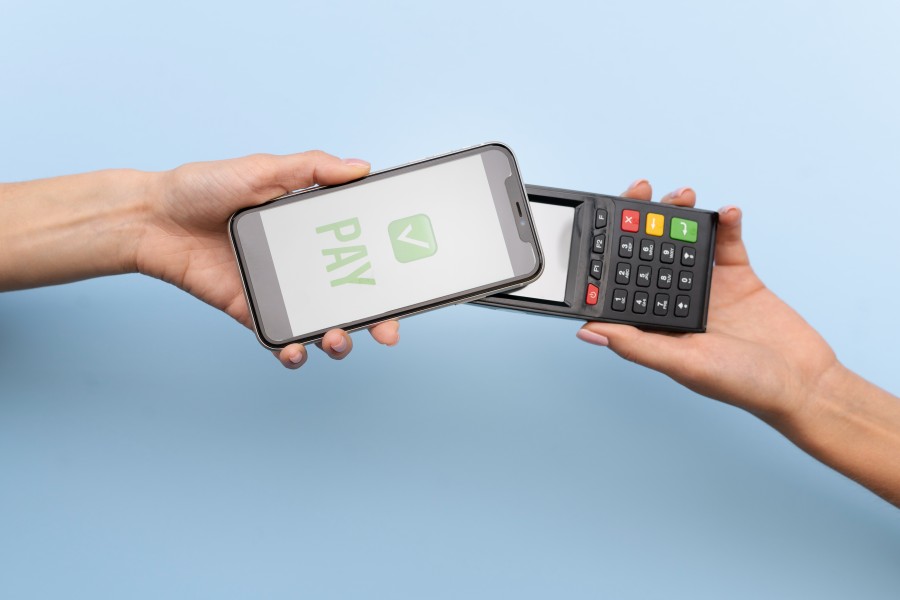The convenience of credit cards comes with the significant risk of financial fraud. Fraudsters continually develop sophisticated methods to exploit vulnerabilities in the financial system, making it crucial for individuals and businesses to adopt robust preventative measures. One such measure is the use of credit card validators. These tools play a vital role in protecting against credit card fraud by ensuring the authenticity of credit card information before transactions are processed.
What Are Credit Card Validators?
Credit card validators are software tools designed to verify the legitimacy of credit card numbers. They use algorithms to check whether a given credit card number adheres to the standards set by the issuing entity, such as the length and format of the number, as well as the Luhn algorithm—a simple checksum formula used to validate a variety of identification numbers.
Read more: Credit card insurance – its features & benefits
How Do Credit Card Validators Work?
Credit card validators operate by performing several checks on the card number:
- Length and Format Verification: Different types of credit cards (such as MasterCard, etc.) have specific lengths and formatting rules.
- Luhn Algorithm Check: This algorithm helps detect accidental errors in the card number. The validator runs the card number through the Luhn algorithm, which calculates a checksum. If the checksum matches, the card number is considered potentially valid.
- BIN (Bank Identification Number) Validation: The first six digits of a credit card number are known as the BIN. These digits identify the issuing bank and card type. Validators check the BIN against known databases to ensure it matches a legitimate issuer.
By performing these checks, credit card validators can quickly determine whether a card number is likely to be valid or not. This preliminary verification helps prevent fraudulent transactions before they can cause financial harm.
Read more: How to spot fake credit cards?
The Importance of Credit Card Validators in Preventing Fraud
Credit card validators are essential in various scenarios, including online shopping, where the risk of fraud is particularly high. Here’s how they contribute to financial security:
- Instant Verification: Validators provide immediate feedback on the validity of a card number. This allows merchants to reject invalid or suspicious card numbers before processing payments, reducing the risk of chargebacks and financial loss.
- Reducing Manual Errors: Manual entry of credit card numbers can lead to errors. Validators catch these errors in real time, ensuring that only correctly formatted and potentially valid numbers are processed.
- Enhanced Customer Trust: When businesses implement credit card validation tools, they demonstrate a commitment to security. This can enhance customer trust, encouraging them to make purchases with confidence.
- Layered Security: Credit card validation is one part of a multi-layered security approach. By combining validators with other security measures like encryption, tokenization, and fraud detection algorithms, businesses can create a robust defence against financial fraud.
- Compliance with Regulations: Many industries are subject to regulations that require the protection of customer payment information. Using credit card validators helps businesses comply with these regulations, avoiding legal penalties and reputational damage.
Read more: What is CVV number and how to find it?
Choosing the Right Credit Card Validator
Selecting an appropriate credit card validator depends on various factors, such as the volume of transactions, integration capabilities, and the level of security required. Businesses should look for validators that offer:
– High Accuracy: The tool should have a proven track record of accurately validating card numbers.
– Ease of Integration: It should easily integrate with existing payment systems and e-commerce platforms.
– Real-Time Validation: Instant feedback is crucial for efficient transaction processing.
– Regular Updates: The validator should be regularly updated to recognize new BINs and keep up with evolving fraud techniques.
Credit card validators are indispensable tools in the fight against financial fraud. By ensuring that only valid card numbers are processed, these tools help protect businesses and consumers from fraudulent activities. Implementing a reliable credit card validation system can significantly enhance the security of financial transactions, build customer trust, and ensure compliance with regulatory standards.
FAQs
1. What is the Luhn algorithm?
The Luhn algorithm is a simple checksum formula used to validate various identification numbers, including credit card numbers. It helps detect errors in card numbers by verifying that the checksum matches the expected value.
2. How does a credit card validator help online merchants?
A credit card validator helps online merchants by instantly verifying the validity of a card number before processing a transaction. This reduces the risk of fraudulent transactions and chargebacks.
3. Can credit card validators prevent all types of fraud?
While credit card validators are effective at detecting invalid card numbers, they are just one part of a broader fraud prevention strategy. Additional measures such as encryption, tokenization, and real-time fraud detection are also necessary.
4. Are credit card validators difficult to integrate with existing systems?
Most credit card validators are designed to be easily integrated with existing payment systems and e-commerce platforms. Businesses should choose a validator that offers seamless integration capabilities.
5. Do credit card validators comply with industry regulations?
Yes, using credit card validators helps businesses comply with industry regulations related to the protection of payment information, such as PCI-DSS standards.


 Get App
Get App  Airtel Store
Airtel Store  Login
Login 



